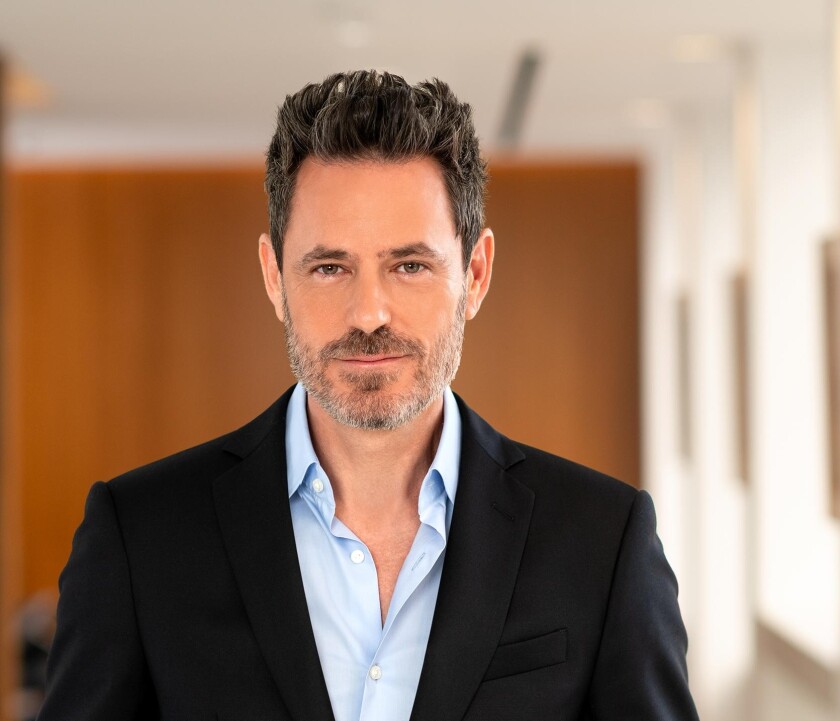Welcome to the latest instalment of Managing IP’s ‘Five minutes with’ series, where we learn more about IP practitioners on a personal as well as a professional level. This time we have David Singer, partner at Jenner & Block in the US.
Someone asks you at a party what you do for a living. What do you say?
I’m a media and entertainment litigator. It’s a very low-stress job!
Talk us through a typical working day.
I start my morning with a cup of coffee and spend some time reading the legal trades. My drive to work is 15 minutes, so I get started at my desk by 8.30am. I spend most of my day taking calls, reading, writing, and meeting with my teams.
My favorite part of the day is speaking with clients. I always try to make it home in time for dinner with my family, but will often have some more work to do afterward. I always leave time for some relaxation or a workout before bed.
What are you working on at the moment?
I’m working on an antitrust case for the Las Vegas Review-Journal. It’s been pending since 2019, and we hope to try the case next year. I’m also working on a trade secrets lawsuit involving two major real estate listing sites.
I represent Apple in a case involving content moderation on the App Store (we won in the District Court and the case is on appeal). I am advising several clients on copyright issues related to artificial intelligence (AI). I am representing a premier soundstage and studio rental company in a fraud case now pending in Delaware. I am also advising one of the major drug distributors on some commercial disputes and a sports-betting AI technology company. I have a full plate!
Does one big piece of work usually take priority or are you juggling multiple things?
Great question. I juggle all day long. Prioritising, and re-prioritising as the day progresses. Sometimes I feel like I am managing a big barbecue grill, flipping burgers, and making sure everything gets cooked perfectly. But I enjoy working on matters that are active at the same time.
What is the most exciting aspect of your role and what is the most stressful?
Counselling clients and working with them to strategise a case, mitigate risks, and help their business is the best part of the job. “Work emergencies” are always the most stressful.
Tell us the key characteristics that make a successful IP lawyer/practitioner.
Knowing the industry and business as well as you know the law. IP lawyers need to zoom out and understand the content and its place in the client’s business before we can effectively advise on the law.
What is the most common misconception about IP?
The biggest misconception is that you need permission to tell true stories about real people or real events. There is a lot of confusion around so-called “life rights.”
What or who inspires you?
I love great architecture. My work life is all about intellectual property – intangible things. But ever since I was a kid, I have been fascinated by great buildings, bridges, and industrial design – tangible things.
If you weren’t in IP, what would you be doing?
I think I would be an architect; although I’ve heard that it can be very frustrating and even more stressful than being a litigator!
Any advice you would give your younger self?
Don’t become an architect.










